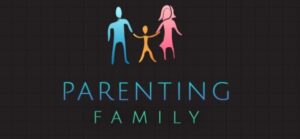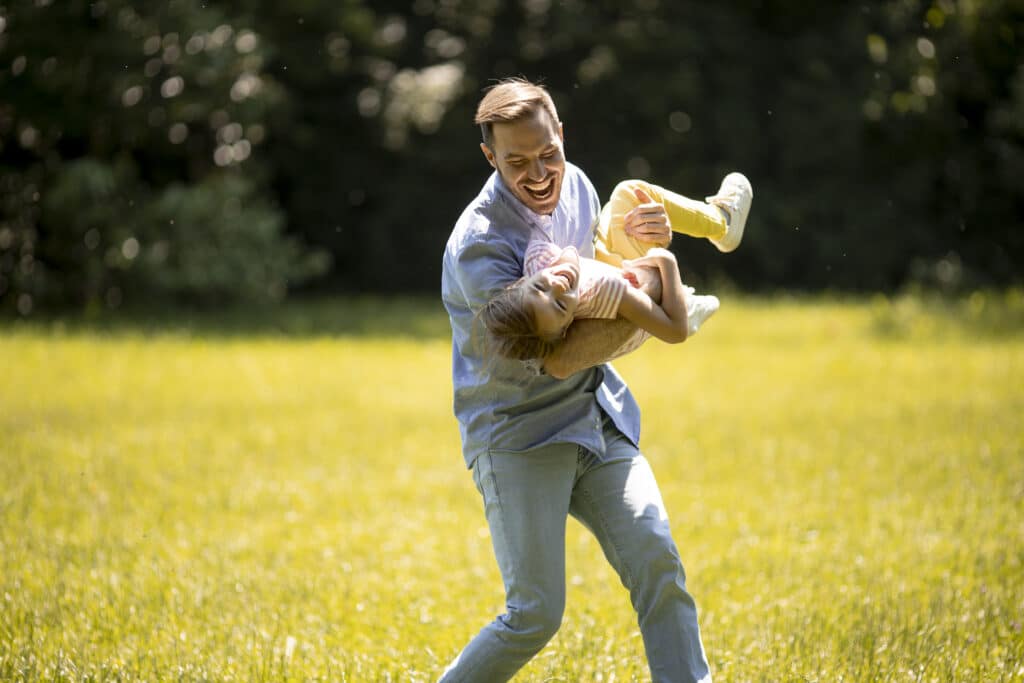What If Somebody Hit My Child
If your child gets hit by another one, while keeping immediate safety, check also whether any injury was sustained. Be really patient, calm and listen to your child’s description of the events. Report it to either authorities or the relevant institutions depending on the severity of the case. Provide emotional support to your child, which will further help in actions to minimize improvement in additional damage.
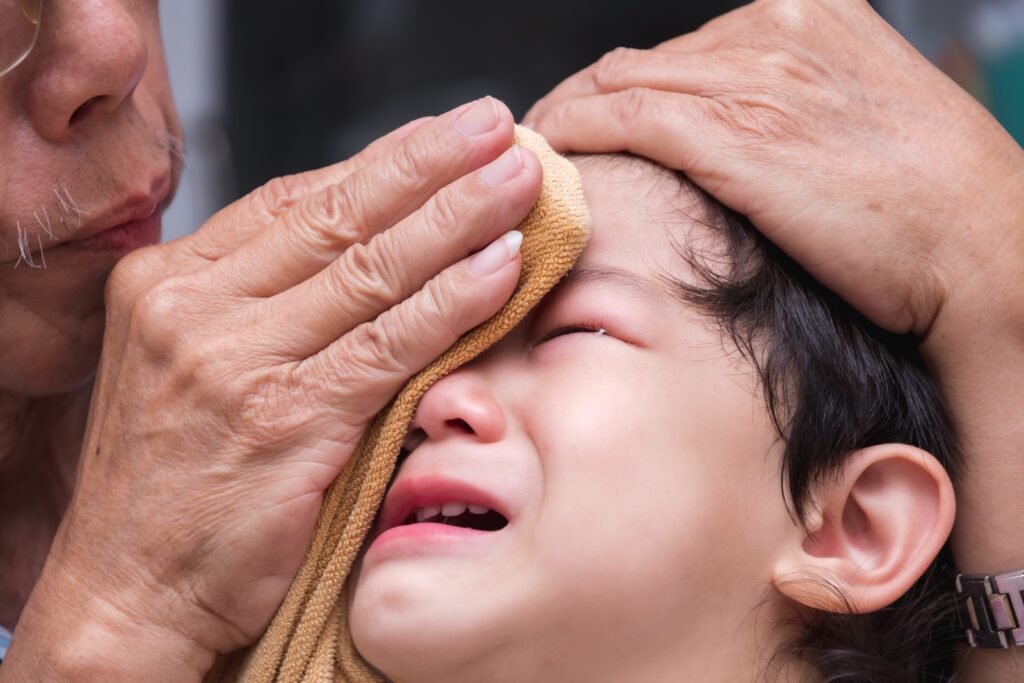
What You Can Do?
Hitting a child is not just a problem when it’s inflicted by fellow children, adult hits also need to be taken into consideration. Dealing with the issue within no time makes sure that the child is safe, their emotions are recognized, and he or she is directed towards more effective means of resolving future conflicts.
Here are ways indicated to take when a child has been hit:
Immediately Prioritize the Child’s Safety
Separate the child from that specific situation at once so as to avoid further hurt. If the aggressor is still lurking, make sure that the child is in safety, for example, with a trusted adult or far away from the danger. If a child has been hurt, check for injuries. For the minor injuries, you may render comfort and care-provision of cleaning when scraped, application of ice etc. Seek medical attention immediately if injury seems serious.
Offer Emotional Reassurance and Physical Comfort to the Child
In the first situation, reassure the child that their feelings are completely normal. It is completely acceptable to feel angry and that no one deserves to be hit in any way. For example, saying “I am so sorry that happened. It’s not your fault,” might go a long way in confirming their feelings. Holding one’s hand or hugging might be of great comfort. A heated calm and gentle voice could serve to provide a sense of security.
Listen the Child to Share Their Experience
If possible, ask the child what happened and listen without interrupting them. Try to understand their point of view. This will help you to understand how the child is feeling and provides further insight into the circumstances that led to this incident. You may, depending on the child’s age, encourage him or her to articulate what they feel or where it hurts.
For example, “How did that make you feel?” or “What do you think would help you feel better now?”
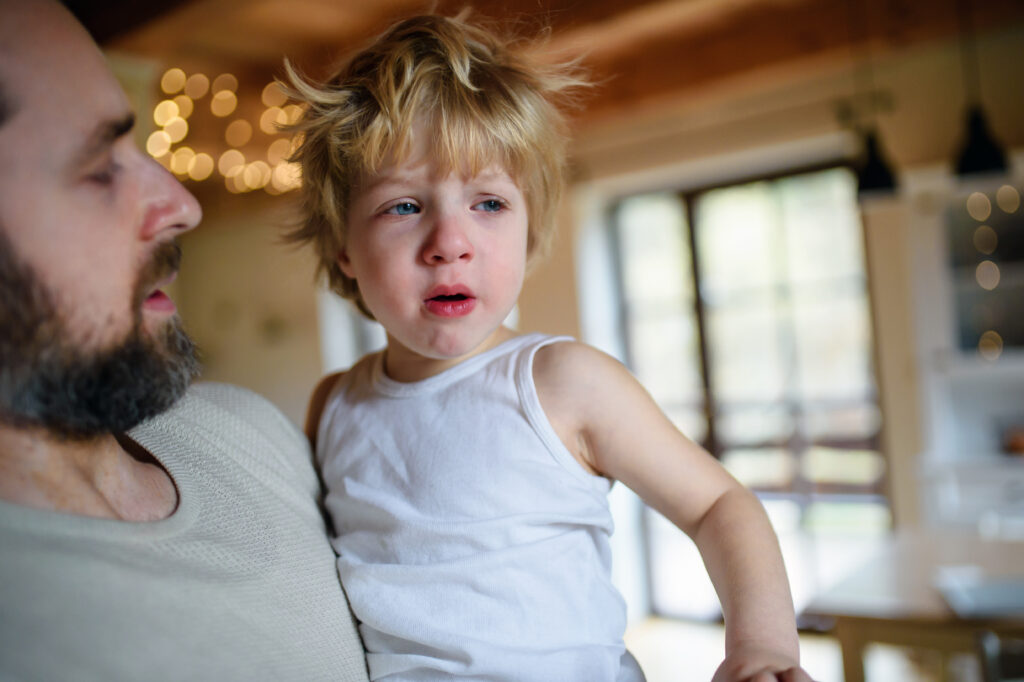
You Can Address the Aggressor
If it was another child that hit your child then speak to the offending child calmly. Ask them why they hit and then explain why such behavior is unacceptable. Encouraging the offender to apologize and discuss alternative ways to manage frustration or conflict is also a process.
If the abuser happens to be an adult, then that would merit addressing the incident on the go. Explain why hitting hurts since that would be referred to an outside person. If the case is of a very serious nature as in child abuse, proper measures should be taken for reporting and child protection.
Teach the Child How to Handle Frustration
Show the child that there are other ways of releasing frustration and anger without hitting. Role-play scenarios with different examples that encourage asking for help, calming-down strategies, and walking away when necessary. Teach the child to express their feelings like “I don’t like that”, “Please stop”. Teach them to say when they feel hurt or things that annoy them.
Follow Up and Continue Supporting the Child
Observe the child’s emotional condition in the few days that follow the incident. Take notice of any signs of distress, or any shifts in behavior and continue to reassure. If the action of the child still shows traces of continued trauma or yet finds it difficult to cope, consider seeking the intervention of a mental health expert, therapist, or counselor. The emotional scars that are inflicted by violence last a long time; hence it is important to intervene early.
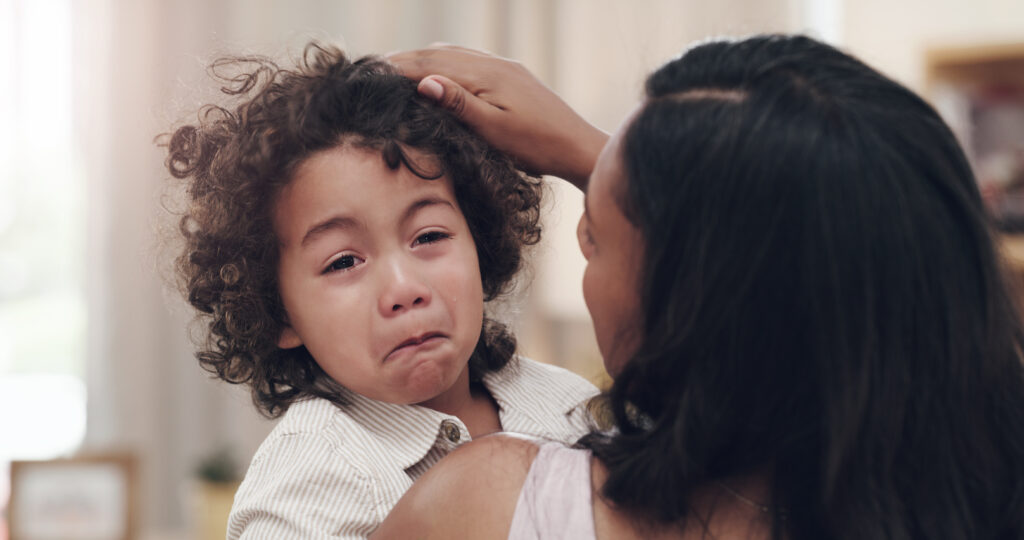
Teach Your Child Empathy and Respect
They are going to need time to let everything sink in. It’s time to talk the child through the feeling of being hit and the importance of respecting and treating others with kindness. Teach the child empathy. Other people’s feelings might be imagined to describe to him/her the ways of peacefully resolving conflicts.
Encourage everyone, always, to keep cool. A child can learn from violent and aggressive behavior if he sees that angry, or otherwise un-welcoming responses cause adult tensions to rise.
Why Do Adults Still Hit Children?
When adults hit children, it is often a complex issue rooted in various factors. Understanding why this behavior occurs can help identify ways to prevent it.
Adult frustrations and stress can arise from feeling weighed down by pointless responsibilities, the pressure from financial strings or often being thrown by emotional stress. Inability to hold emotions tends an adult toward a physical punishment despite its being harmful to the child and ineffective for its long run solution.
Some adults might be reared in a setting normalized by using pain as a form of discipline, leading them to believing that hitting could be a form of possible punishment. They were raised with corporal punishment and may continue this sequence since it is seen as the worthiest way to deal with the bad behavior.
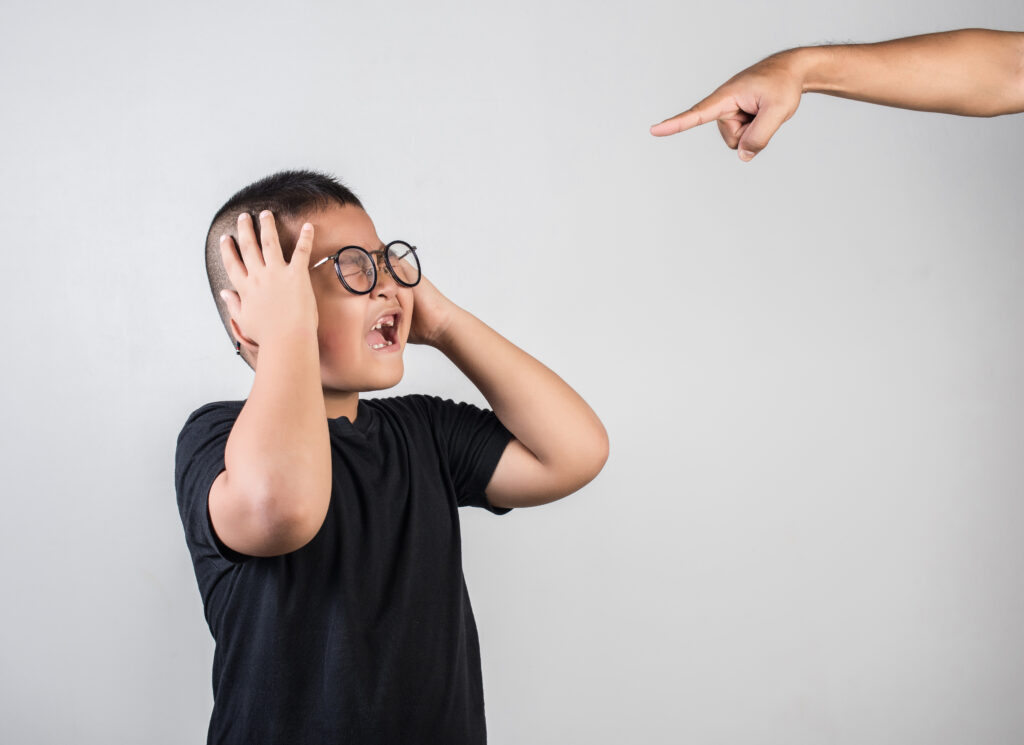
It has emerged that adults whack children for power and control purposes sometimes. They use a juvenile as a puppet or as a master specimen to establish their supremacy. Such kinds of behaviors arise from the sense of domination or the need to manipulate an agent as well as violence to enforce submission and obedience.
In some cultures or communities, physical discipline is still considered a culturally accepted practice. Adults may beat children to teach them respect, responsibility, or obedience, even when research shows that physical punishment is harmful in children’s development.
Absence of parenting skills can be another reason. Not every adult is necessarily born into a family that teaches them positive parenting. Such adults end up using physical discipline out of despair or out of ignorance.
For instance, some adults punish children for mistakes under the perception that they exhibit certain behaviors, like tantrums or non-compliance, as irreverent and unacceptable behaviors. Such adults think that physically punishing the child will hasten the quick end of the unpleasant behavior without realizing how it could affect the future parent-child relationship and emotional growth of the child.
